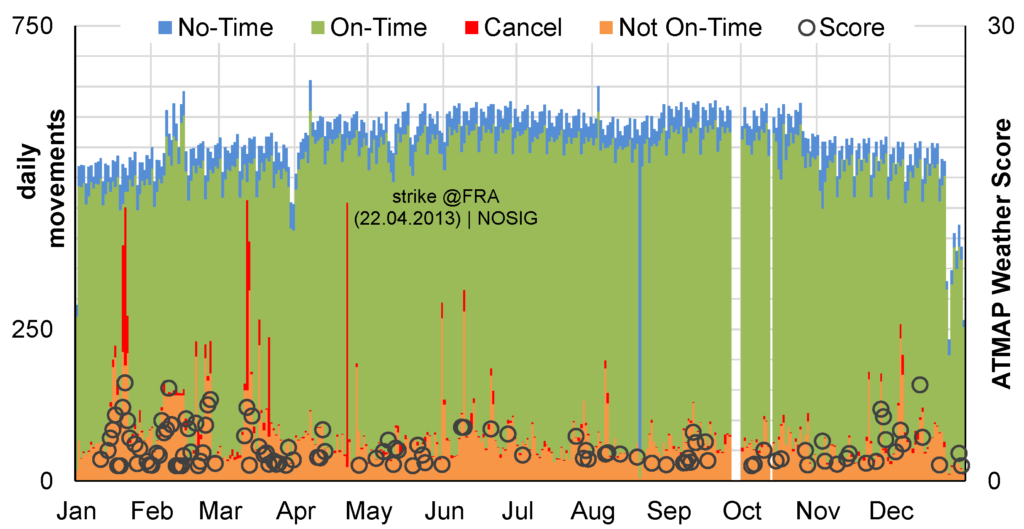Alternative data is a type of data that is generated from non-traditional sources and can provide insights that traditional data sources may not capture. For airlines, alternative data can include social media trends, weather patterns, air traffic congestion, and other factors that can impact flight schedules and customer preferences. By leveraging alternative data, airlines can gain a more comprehensive view of their operations, customers, and market trends, which can help them make more informed decisions and gain a competitive advantage.
Benefits for Alterative Data for Airlines
The use of alternative data has several benefits for airlines. First, it can help airlines improve their operational efficiency by providing real-time insights into factors that can impact flight schedules, such as weather patterns or air traffic congestion. This can help airlines make adjustments to their operations in real-time, reducing delays and improving on-time performance.
Additionally, alternative data can also help airlines better understand their customers by providing insights into trends and preferences. For example, by analyzing social media trends, airlines can identify popular travel destinations or preferred travel activities. This can help airlines tailor their marketing and promotional efforts to better meet customer needs and preferences.
What are the challenges in alterative data for airlines?
While the use of alternative data has several benefits, it also comes with its own set of challenges. One of the biggest challenges is the sheer volume of data that is available. Airlines must have the necessary infrastructure and tools to collect, store, and analyze large amounts of data in real-time.
In addition, airlines must also ensure that they are using the right data sources and that the data is accurate and reliable.

Potential Alternative Data Providers Airlines
- M Science: This provider offers data-driven research and analytics with verifiable accuracy. They combine finance, technology, data science, and engineering to transform disparate data into actionable insights.
- Thinknum: This provider indexes and aggregates web data onto a single platform.
Alternative data is important to the airline industry because it can provide insights that traditional data sources may not capture. This can help airlines improve their operational efficiency, better understand their customers, and make more informed decisions. As the aviation industry continues to grow, it will be increasingly important for airlines to leverage alternative data to gain a competitive advantage.
Conclusion
Alternative data sources have become increasingly important for airlines looking to optimize their operations and gain a competitive advantage. Alternative data can help airlines improve their operational efficiency, better understand their customers, and make more informed decisions.
Two alternative data providers that airlines could consider using are M Science and Thinknum. M Science offers data-driven research and analytics with verifiable accuracy, while Thinknum indexes and aggregates web data onto a single platform. By leveraging alternative data from providers such as these, airlines can gain real-time insights and a more comprehensive view of their operations, customers, and market trends.